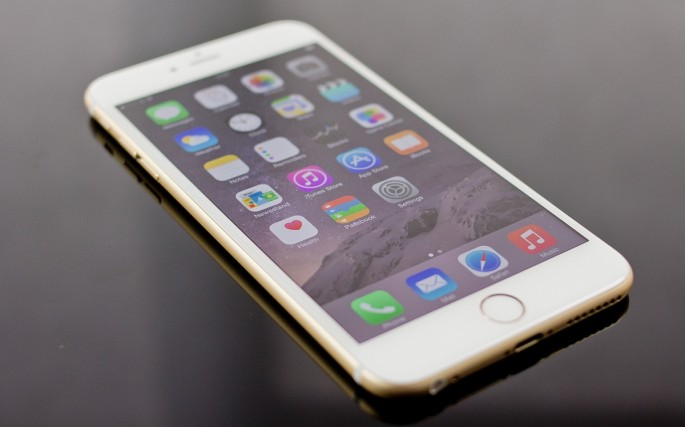Torture tests for new smartphones have leveled up from the standard drops from a height, scratches with a coin and key, hits on the screen by a hammer and immersion in a pail of water to running over the device by a big truck and firing bullets at it.
Recently, Everything ApplePro, a YouTube user, posted another torture test involving smartphones, a Samsung Galaxy 6 and bullets from an AK-74. It is a made-in-Russia assault rifle released in 1974. The weapon was widely used during Moscow's conflict in 1979 with Afghanistan, reports CNET.
Since many gadget owners place their iPhones in their back pockets, the torture test was to discover how many smartphones are needed in one's trousers to protect a person from being hit on his behind by a bullet. Specifically, the test uses a gun that could fire bullets with its muzzle at up to 884 meters per second.
Eight phones made up of three iPhone 6 Pluses, two iPhone 7s and smaller iPhones, plus one iPhone clone and finally the Samsung unit were placed on a wooden holder made by EverythingApplerPro. At the start of the 4-minute, 24-second video, he said he expects the bullet to be stopped at the fourth phone.
During the first round, the shooter hit the wooden holder. On his second try, he found that on the fifth iPhone, the bullet stopped and protected the Samsung. At the third try, the sixth phone stopped the bullet.
CNET comments that it is not practical to carry that number of iPhones on one's person to serve as protection against bullets. The website's recommendation is for smartphone owners who want protection from gunfire to instead buy a bulletproof suit, if they could afford it.
The video, which he posted two weeks ago, has gone viral with almost 5 million hits.
Actually, the Samsung S6, in various torture tests made by YouTubers in April, is the toughest smartphone which withstood 110 pounds of pressure without being permanently damaged, while the Apple-made iPhones bent. It also survived six separate drops from six feet without breaking and underwater dunking for 10 seconds, reports BGR.



























